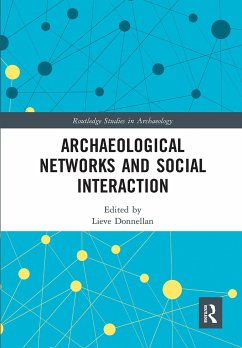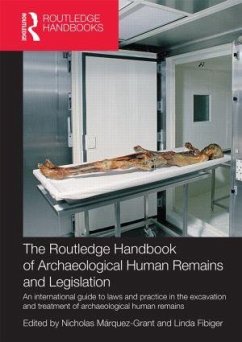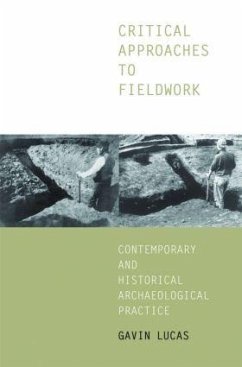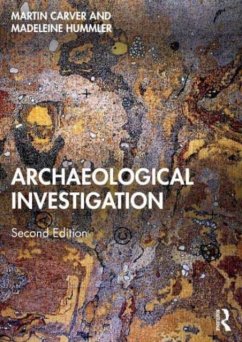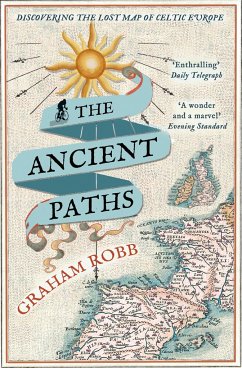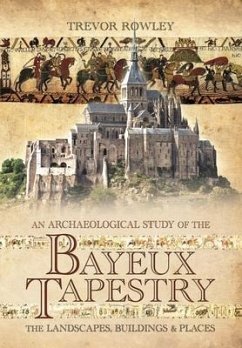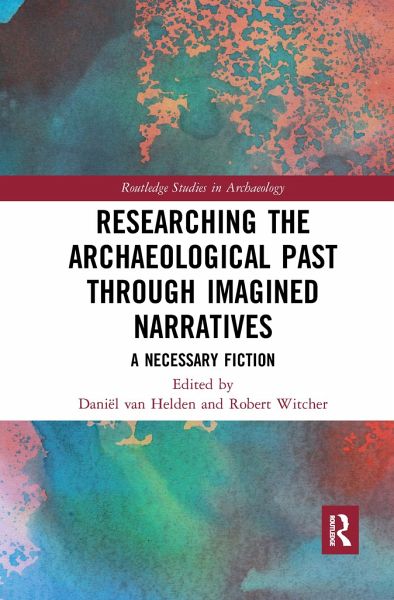
Researching the Archaeological Past through Imagined Narratives
A Necessary Fiction
Herausgeber: Helden, Daniël van; Witcher, Robert
Versandkostenfrei!
Versandfertig in 1-2 Wochen
79,99 €
inkl. MwSt.
Weitere Ausgaben:

PAYBACK Punkte
40 °P sammeln!
The contributors use a variety of theoretical arguments to advance the case for the value of a reflexive engagement between archaeology and fiction.They set out to bring together examples of disparate applications and to focus attention on the need for explicit recognition of the problems and possibilities of such approaches.








